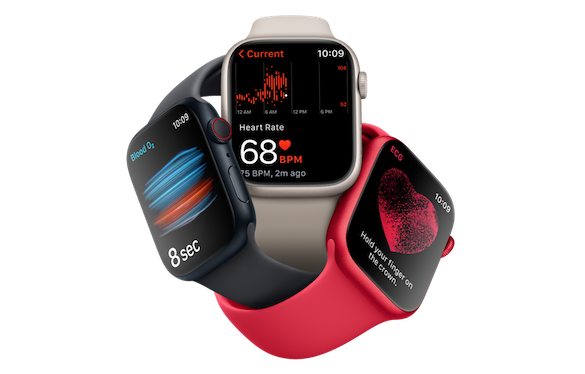At IQVIA, we describe what we do not just as data science, but as human data science. Why make the distinction? Is there more to it than semantics? How different is human data science from what every other sector relies on to make business decisions?
To help answer such questions, we’re launching a series of articles describing “A Day in the Life of a Human Data Scientist” featuring the work and perspectives of experts and analytical gurus from across IQVIA who practice different aspects of human data science.
But first, an introduction to the discipline and its disciples.
Human data science in a nutshell
Human data science is an emerging discipline that integrates the study of human science with breakthroughs in data science and technology. The goal is to advance our understanding of human health through better, more insightful decisions. To understand what is working, what isn’t, and why. We foresee the potential for human data science to deliver more relevancy and precision to decision makers – exactly what is called for as human science grows more precise and personalized.
With changes in the life sciences industry and the market environment, a higher level of analytics is required to succeed. Just 15 years ago, manufacturers simply needed to gain a basic understanding of the market in order to benchmark their performance and create and follow their business plans. Today, however, such a cookie-cutter approach to research and planning won’t cut it. Companies need to know more than basic market and drug trends; they need to know about undertreated markets, how to deal with price sensitivity, payer relationships, patient awareness vs. payer resistance, and the list goes on.
Not your average data scientist
Human data scientists are not exactly the unicorns of the research world, but they are a fairly rare breed. For starters, they must know about healthcare – not just broadly, but in minute detail. And it’s this special knowledge, coupled with access to advanced analytics and transformative technologies, that separates them from garden-variety data scientists.
The fact is, healthcare data is messy. It’s often unstructured. Gaining access to it is challenging. And patient privacy must be protected without fail. Furthermore, it’s only part of the picture. To solve questions about human health, we increasingly need to look outside of healthcare. All of this requires a deep knowledge of the subject area and the ability to think differently about how data needs to be collected, studied, combined, and most importantly protected.
Admittedly, general data scientists can process and digest 80 percent of low-end healthcare data without having any particular domain expertise. But when asking and answering questions about human health, they’re going to struggle with that last 20 percent, which can make all the difference in the final analysis.
Take, for example, a basic query: What is Humira®’s market share? A human data scientist knows that the question is far from simple, and that the answer depends on knowing what to count – all TNF drugs? Only those for rheumatoid arthritis or psoriasis? Or perhaps one of the other ten indications it is approved for. In other words, human data science demands that you ask better questions, steeped in domain expertise.
Human data scientists also often have to make choices intuitively and be quite nuanced in their work. For instance, a general data scientist will choose from a toolkit of regression analysis, p-test, or other statistical analysis for the data at hand. But the choice may be based on preference, rather than intuitively knowing what methodology works for what question. The domain expertise of human data scientists allows them to be more creative in their approaches and prevents them from using old tools to answer new questions.
Rules of the road
Human data scientists approach their work with an understanding that:
- There is elegance and efficiency in simplicity. A human data scientist knows how to perform complicated analyses when they add value, but will take the simple route if possible.
- An ongoing goal is to work with data in a smarter way – to accomplish more in less time.
- Getting answers is a team effort. No one person can do it alone as the process requires experts in a number of disciplines encompassing everything from programming to IT infrastructure to statistics.
- There’s creativity here! – Both in the questions asked and the tools used to find the answers. The human data scientist must reimagine how decision makers get to the right decision and must be capable of pulling together data from different sources in a new way.
- Ultimately, this business is about humans and raising the bar on what is considered healthy by finding ways to prevent disease and reverse it.
Watch for subsequent articles as we explore these themes and the world of the human data scientist in greater detail.

























